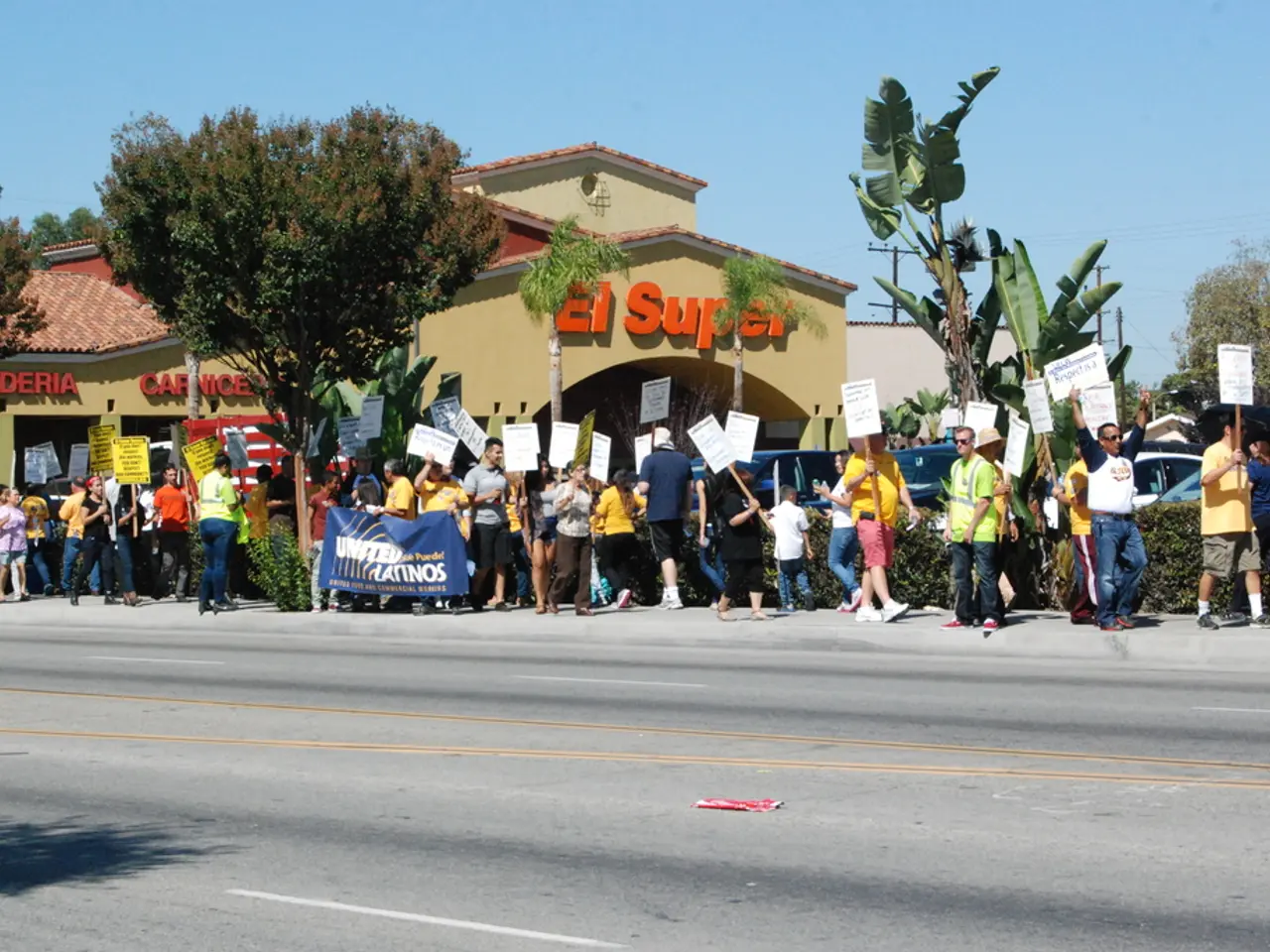Politicizing Data: Boosting Party Power with Analytics Insights
In the modern political landscape, data analytics is playing an increasingly significant role, revolutionising the way political parties and governments operate.
As data becomes more readily available and citizens become more aware of government activities, the nature of government work is evolving. Data analytics is no longer a novel concept but a crucial tool that aids in everything from tracking coordinated bot behaviour and detecting disinformation campaigns to improving government efficiency and taking on more ambitious projects.
Political parties are leveraging data analytics to segment voters, tailor messages, optimise outreach, monitor performance, and respond to real-time feedback. This includes the use of micro-targeting, a strategy that delivers specific messages to narrowly defined voter groups based on psychographics, interests, or past voting behaviour.
Big data has had a profound impact on politics, allowing campaigns to be more targeted and helping strategise more efficiently. Real-time analytics help campaigns quickly adapt strategies, address controversies, and push narratives that align with voter sentiment.
Data analytics is being used to empower politicians with insights into the opinions and behaviours of their constituents. Geographic data helps identify regional trends, cluster support bases, and allocate resources to high-potential or weak-performing areas. Analytics also identifies high-value donors, predicts donation patterns, and helps personalise appeals based on donor preferences and timing.
One of the most significant benefits of data analytics in politics is the ability to increase voter turnout rates. By identifying target voters, predicting voter turnout, and tailoring messaging, campaigns can encourage more people to participate in the democratic process.
Moreover, data analytics enables political parties to make informed decisions by analysing voter behaviour, campaign performance, and demographic insights. Predictive analytics forecast voter behaviour, candidate performance, likely swing areas, and issue-based responses using historical and real-time data.
The future of data analytics in government is to ensure it maintains public trust and creates a digital government. This includes using data for quantitative decision-making in the public sector to empower citizens and communities. Data scientists are also working on ways to use mobile phones to understand trends in the real world better.
In conclusion, data analytics is transforming politics from intuition-based operations into evidence-driven ones, leading to more strategic decisions and measurable increases in votes. The benefits include more efficient targeting, higher voter engagement, improved turnout rates, campaign agility in responding to voter sentiment shifts, tighter electoral contests, and better use of campaign funds.
- Political parties are utilizing social media ad services to deliver personalized messages to specific political segments based on their psychographics, interests, or voting history, enhancing their campaign strategy.
- Technology, specifically data analytics, is revolutionizing the operation of political parties and governments by helping detect disinformation campaigns on social media and improving campaign efficiency.
- In the realm of politics, data analytics is a valuable resource for politicians seeking insights into the opinions and behaviors of their constituents, aiding in making informed decisions.
- By identifying target voters, predicting voter turnout, and tailoring messages, data analytics services contribute significantly to increasing voter turnout rates.
- To create a digital government, data analytics should ensure public trust while empowering citizens and communities through quantitative decision-making in the public sector, using mobile phones to better understand real-world trends.
- In the modern political landscape, data analytics is playing a crucial role in everything from detecting disinformation to improving campaign strategy, aiding in making strategic decisions and measurable increases in votes.




